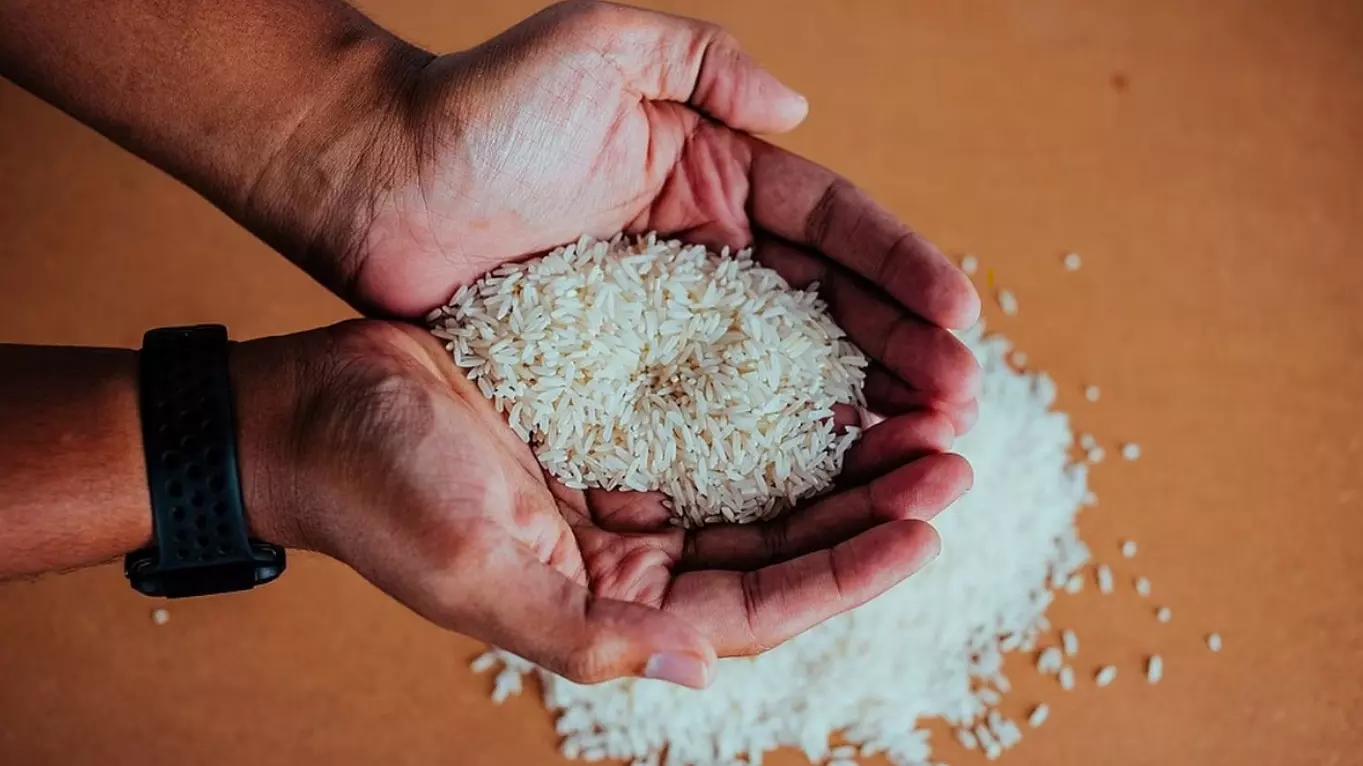Factoring in farmers’ voice

Early this month, the Central government announced an increase in Minimum Support Price (MSP) for the Kharif crops by 5-10 per cent over the previous season. The decision is mainly aimed at ensuring a “remunerative price” for farmers and facilitating “crop diversification”. The decision is seen by many as the fulfilment of the promise of fixing the MSP at a minimum of 1.5 times the all-India weighted average cost of production, made during the Budget session of the Parliament in 2018-19. At the same time, it is also considered to have a political angle to it as the General Elections are less than a year away. The MSP is a government-declared price that acts as a safety net for farmers, guaranteeing them a minimum price for their agricultural commodities. It is intended to safeguard farmers' interests by ensuring that they receive adequate compensation for their efforts and investments, even if market prices fall below the MSP. The primary objectives of MSP include stabilising agricultural markets, preventing distress sales, and safeguarding the income of farmers. However, the government’s recent announcement to increase MSP has attracted mixed response from several quarters, with farmers particularly expressing their reservations vocally. Farmers’ primary demand has been to grant a legal status to the MSP. As one would recall, this had been one of the prominent demands during the farmers’ protests. Unfortunately, these demands have fallen on deaf ears. Non-implementation of MSP has been the key stumbling block in the process of ensuring due remuneration to farmers. The lack of legal status leaves the process of monitoring and accountability on an ambiguous ground. Government’s MSP increase announcements, however significant they may seem to be, have largely proved futile over the years. The absence of an “assured market mechanism” has left a large grey area which is readily manipulated by middle men. If indeed the intent is to keep farmers’ interests and apprehensions at the centre stage, there is little reason for the government to continue avoiding their longstanding demand. Their second major demand has also met prolonged avoidance. It was way back in 2014 that the ruling party at the Centre made the promise of providing MSP as per the Swaminathan Commission recommendation of C2+50 per cent. The C2+50 per cent formula takes into account the comprehensive cost of production (C2), including factors like actual paid-out costs, imputed rent and interest on owned land and capital, and an additional 50 per cent as profit margin. This formula ensures fair remuneration for farmers by factoring in the real costs of production. On the contrary, MSP continues to be calculated on the basis of A2+FL, which considers only the actual paid-out costs (A2) and imputed value of family labour (FL). It is widely argued that this formula fails to provide farmers with adequate remuneration. The government’s recent announcement of an MSP hike reflects its intent to build a resilient bulwark for the farmers suffering on multiple fronts. However, it has failed to provide farmers what they actually need on the ground. The moot point revolves around a glaring contradiction in the government's policy perspective. It aims to devise and practice policies through its own lens. In a democratic nation, however, this can’t be said to be the best way forward. Formulation and implementation of policies need to incorporate insights and sentiments from the target beneficiaries. Participation of people in policymaking is perhaps the most necessary ingredient for the success of any particular policy. The prolonged farmers’ protest of 2021 was a textbook example of manifestation of this contradiction in policy formation, wherein the government was pushed back to a point of repealing the very laws it had made to provide support to the farmers. The content of any policy and the intent behind it is never enough unless the due process of its formation and implementation is followed. With its recent announcement, the government can sway a proportion of votes in its favour and, in the process, provide some relief to the farmers, but the long-persisting plight of farmers will continue unabated. The increase in MSP can also be read in the light of other factors like economic compulsions, government’s present stock of food grains, impact of irregular monsoon and El Nino, among other things. However, the root of the problem lies in the government's inconvenience in allowing farmers their due participation in the formation of policies meant to be in their interest. The approach requires an urgent course-correction. Gone are the days when farmers could be treated passively in furtherance of political motives!



